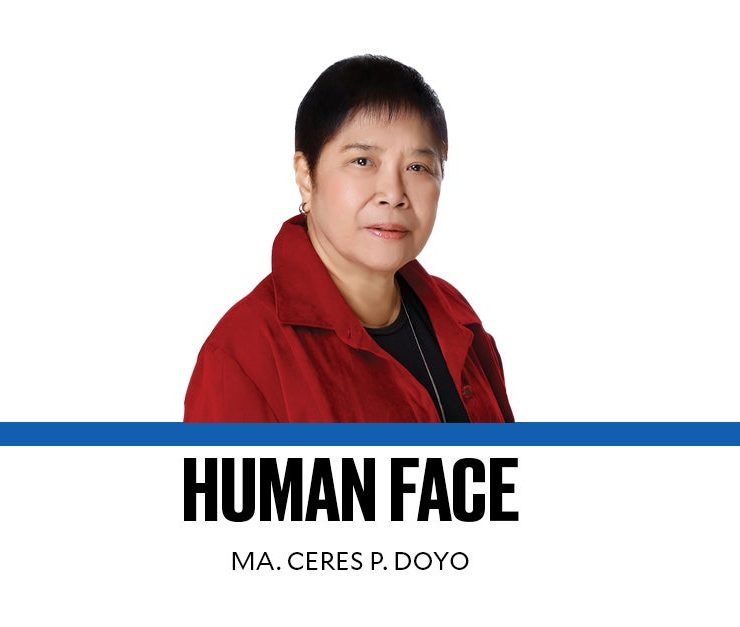Slowing down ‘budol’

A scourge of our times is the way we are challenged by all kinds of scams almost on a daily basis. Worse, these are done both illegally and legally.
For Filipinos, the term most often used to refer to the scamming process is “budol.” I checked with Jem Javier, former chair of the Department of Linguistics at the University of the Philippines Diliman, and he gave several possible sources for the term’s use, including the “Budol Budol Gang,” formerly used for a criminal gang but now a generic term for swindlers working in groups.
Jem says the term may be related to the English boodle, which means illegally acquired money. Words mutate all the time and that seems to have happened with “boodle,” which takes on a noncriminal meaning with “boodle fights,” a large amount of food set out on banana leaves for a large group to eat, with their hands. The term “fight” comes from its popularity with the military, where soldiers share the food without distinctions of rank.
Back to budol as swindling. There was a time when budol victims tended to be senior citizens being approached by multiple gang members who befriended them, sometimes even dropping the names of their relatives (gathered from gossipy security guards, drivers, and household helps). They come up with get rich quick schemes and are able to convince the victims to immediately withdraw money from a bank. A recent case in Cebu City reported an elderly woman who lost P700,000, representing her three years‘ worth of a lump sum of GSIS pension funds.
That kind of swindling seems to be declining in favor of phone-in scams offering loans, credit cards, hotel privilege cards, commodities (gadgets, supplements) that seem legitimate. Other callers claim they are from the post office or from a delivery service like DHL saying they have a package to be delivered from overseas but require that the package be paid in advance. The victim is convinced to give credit card or GCash information for the payment. The budol gang quickly hacks your card or GCash for large amounts and of course, no package is ever delivered.
The list goes on and on, including “love scams,” a term that comes from the Philippine National Police, involving operators using email, complete with a fake photo showing a good-looking male or female that leads to romance, and then appeals for money.
I mentioned that some of these budol are legitimate, for example, banks and the growing number of lending companies offering loans with outrageous interest rates. Or they can be offers from Globe and Smart, offering a higher-paying plan which you don’t really need.
Whatever the modus (which has become a Filipino word, derived from modus operandi), the common denominator in these swindling schemes is the use of fast-talking operators, which is intentional because the rapid-fire conversation short-circuits your brain, preventing you from thinking rationally.
Solution? Turn the tables and short-circuit their scripts. I start by gently requesting in Filipino, “Wait, wait, I’m 80 years old (not true actually but I’m getting there) and am hard of hearing. Please talk slowly. Let’s start, what’s your name please, and company?”
The caller will slow down, allowing your brain to take over and fight them. I often explain, “Miss, I am not comfortable doing money matters on the phone, especially with credit cards.” If their product sounds legit, I tell them that when I have the time, I’d like to talk face-to-face about the offers.
Every time they speed up their sales/swindling talk, I remind them I’m hard of hearing. If they persist, I turn to homily mode: “Hija, I know you do this as your work but would you do this to your Lolo or Lola? Whether you’re a swindler or are really legit, you should never budol the elderly.” (I just realized the budol process can also be translated as “bull****”.)
Remain polite but firm. If you do want to check out their products, tell them they can call back because you have a meeting or in my case, a class. Most of them never call back, or their company, if legitimate, sends one of those useless customer feedback texts asking you to evaluate their call. I give them my honest opinion, including how they have become glorified budol bull****ters.
Try it; you’ll feel much better and wiser. Do write me if you have other advice; I’m preparing a module for a college course on ethical marketing and management, a contribution, however small, to bulldoze budol.
—————-
mtan@inquirer.com.ph





















